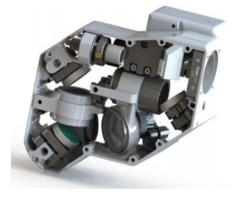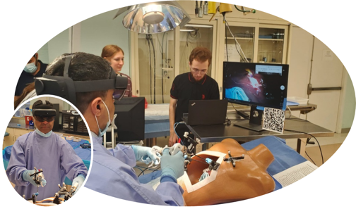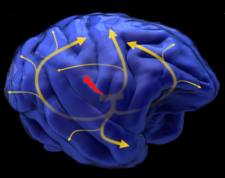 While diagnostic information and therapeutic mechanisms are critical for understanding and treating disease, equally important is the ability to realize and translate these to clinical use in the form of Medical Devices and Interventional Systems. This area of biomedical engineering focuses on sustaining population health and creating technology-enabled procedures to monitor and treat patients. At Vanderbilt, students are trained to be intimately familiar with human disease and therapeutics as well as in the inception of novel technology-based platforms for patient care. The challenge in this field involves the competing goals between maintaining clinical workflow that enable effective delivery and the optimal engineering design that provides accuracy but comes at a cost of complexity. Many of the Medical Device and Interventional
While diagnostic information and therapeutic mechanisms are critical for understanding and treating disease, equally important is the ability to realize and translate these to clinical use in the form of Medical Devices and Interventional Systems. This area of biomedical engineering focuses on sustaining population health and creating technology-enabled procedures to monitor and treat patients. At Vanderbilt, students are trained to be intimately familiar with human disease and therapeutics as well as in the inception of novel technology-based platforms for patient care. The challenge in this field involves the competing goals between maintaining clinical workflow that enable effective delivery and the optimal engineering design that provides accuracy but comes at a cost of complexity. Many of the Medical Device and Interventional  Systems faculty are associated with the Vanderbilt Institute for Surgery and Engineering (VISE). BME faculty also lead the VU Biophotonics Center (VBC), a trans-institutional initiative in biophotonics research, technology development and education. Biomedical engineers that study Medical Devices and Interventional Systems often develop extensive skill sets in computer-aided design (CAD), instrumentation, sensors, programming, robotics, modeling, image processing and machine learning, and visualization.
Systems faculty are associated with the Vanderbilt Institute for Surgery and Engineering (VISE). BME faculty also lead the VU Biophotonics Center (VBC), a trans-institutional initiative in biophotonics research, technology development and education. Biomedical engineers that study Medical Devices and Interventional Systems often develop extensive skill sets in computer-aided design (CAD), instrumentation, sensors, programming, robotics, modeling, image processing and machine learning, and visualization.